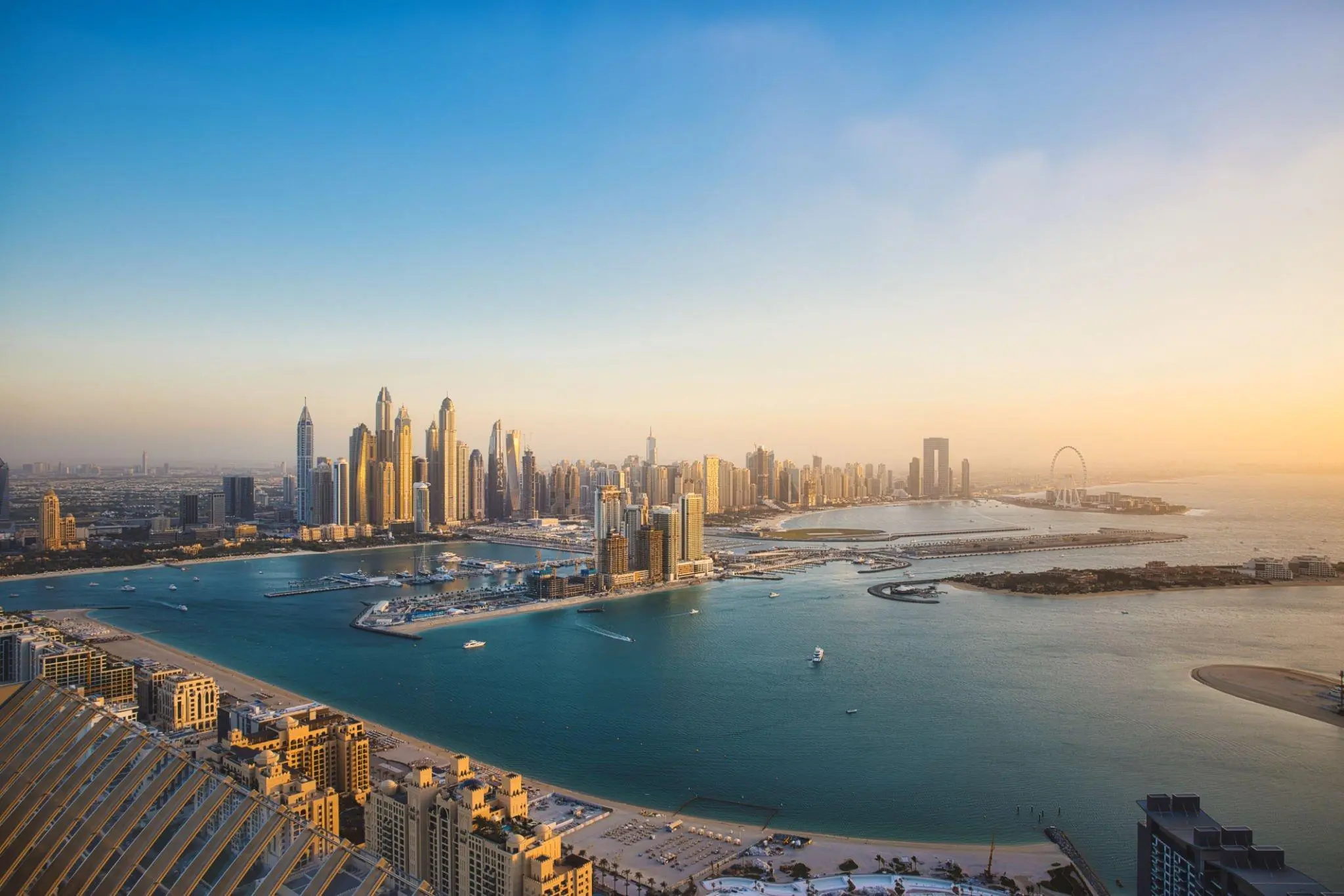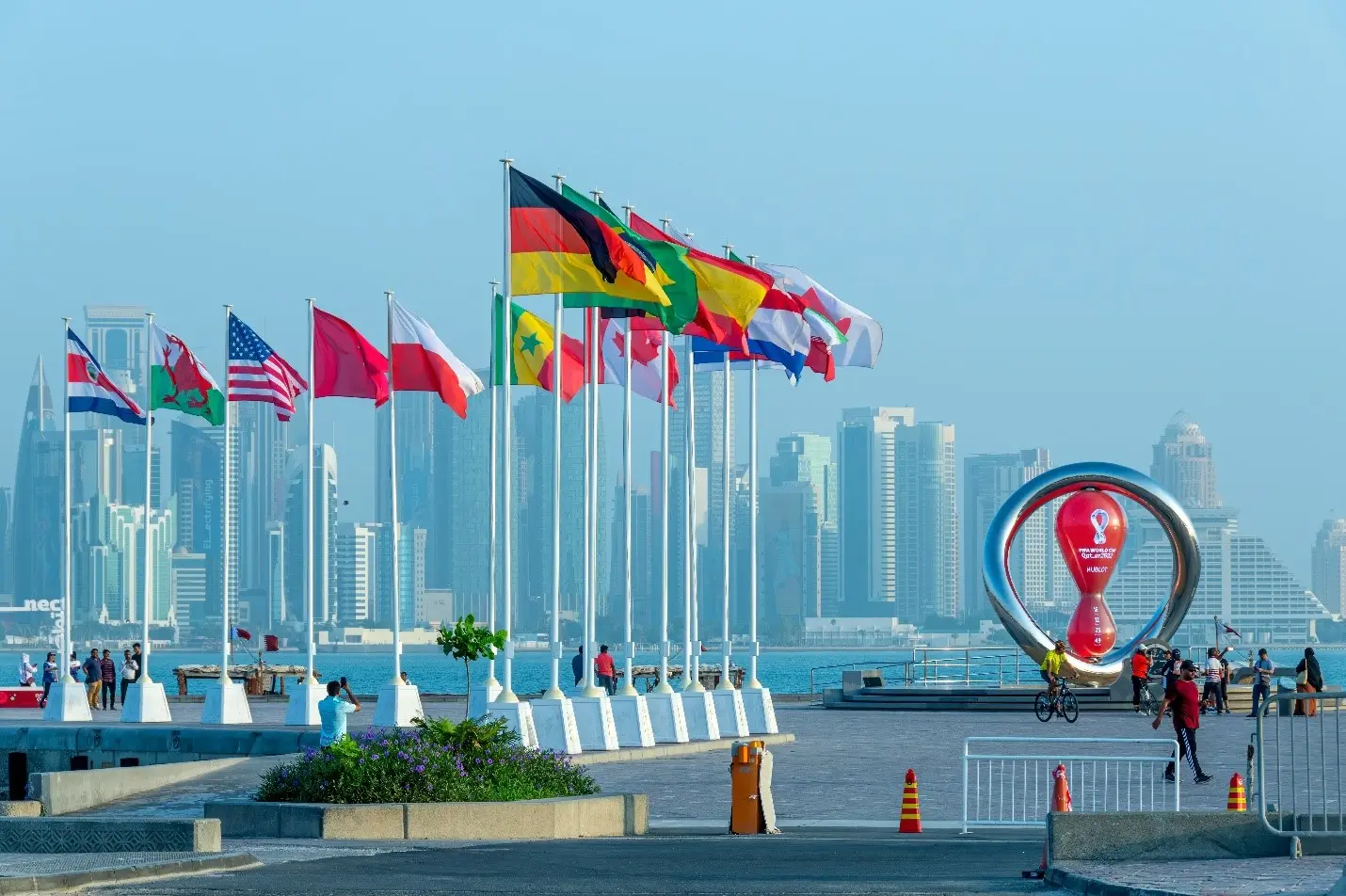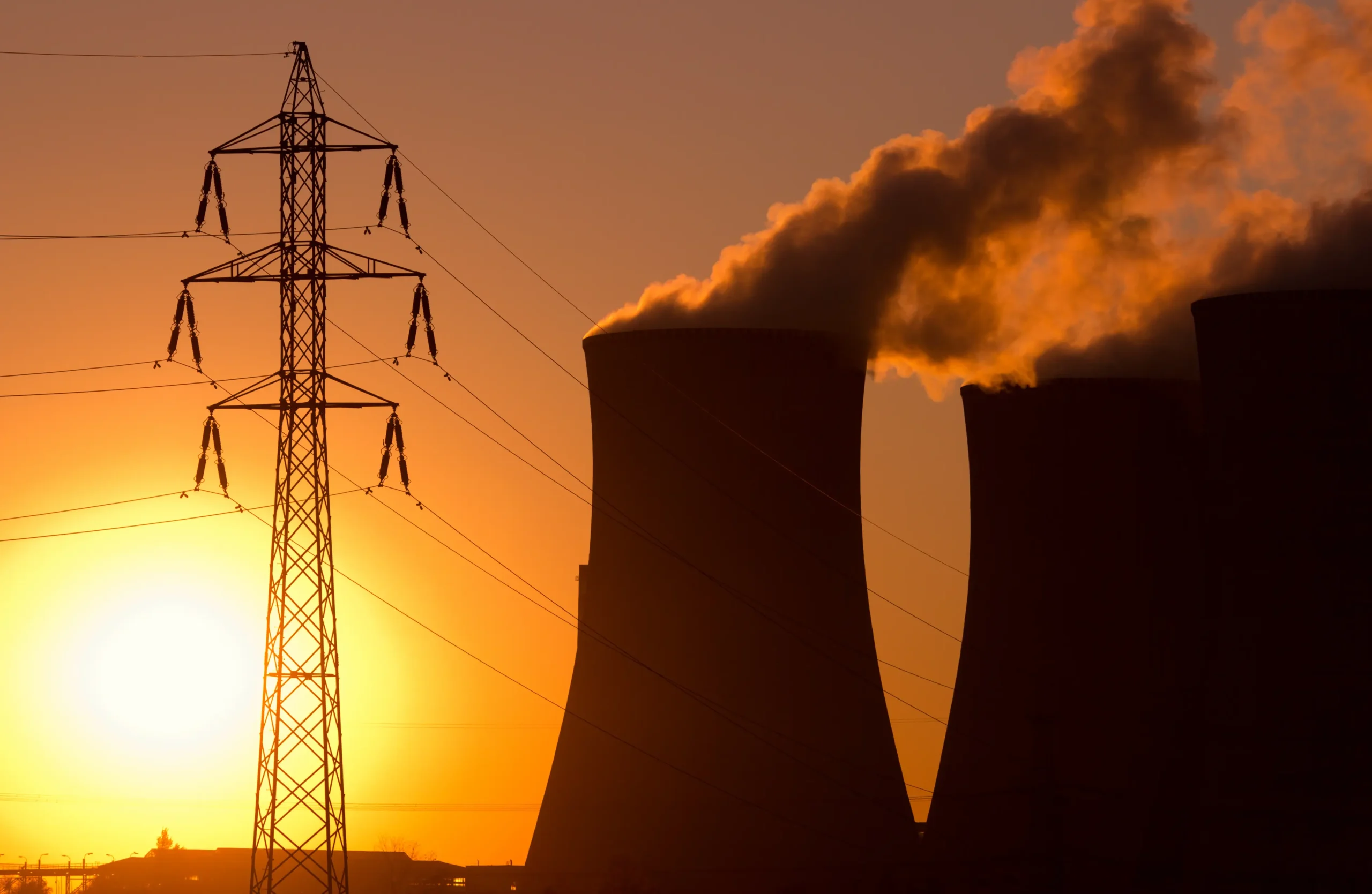10 Sep 2024
The Silent Rise: How China is Changing the Middle East
China has mediated a Palestinian reconciliation dialogue in Beijing, and has succeeded in bridging the rift between Saudi Arabia and Iran. These steps indicate a change in China's approach to the Middle East, as it has become an active player in the region by expanding its policies to include political and strategic considerations, in addition to its energy interests. Its "non-interventionist" policy has attracted many countries in the region, which see their growing relations with Beijing as a means of diversification. However, China's increasing involvement may pose a threat to US interests in the region. As Washington has increasingly focused on the Indo-Pacific region, China has emerged as an active player in the Middle East, reshaping regional security dynamics, signing strategic partnerships and memoranda of understanding for its economic activities with most Middle Eastern countries, and strengthening its ties with various regional organizations over the past two decades. Recent Chinese diplomatic initiatives demonstrate Beijing’s deep investment in further developing relations with Middle Eastern countries, with Beijing hosting the Arab-Chinese Summit and the Gulf-China Summit, demonstrating its commitment to strengthening strategic partnerships among the region’s countries and promoting economic development beyond its traditional energy interests. China’s growing engagement in the Middle East is seen as a significant factor shaping the region’s geopolitical landscape and has significant implications for global politics. This raises the question: how China’s methods diverge from those of the United States (U.S.) in the region?
21 Jul 2024
The Power of the Word: How the UAE Redefined International Mediation?
The 21st century has witnessed a resurgence of mediation as a pivotal tool for resolving international disputes. This resurgence is driven by the complexities of contemporary conflicts and the expansion of threats beyond traditional regional conflicts, civil wars, and political crises. The scope of security threats now includes issues such as climate change, cybersecurity, and transnational organised crime.
Several countries have played significant roles in mediation, leveraging their diplomatic acumen, political influence, and economic resources to facilitate dialogue and prevent escalation. Norway has consistently demonstrated its commitment to peacebuilding through active participation in resolving conflicts among the most prominent mediators. From Sri Lanka to Colombia and the facilitation of the Oslo Accords, Norway has embodied its ability to promote dialogue between seemingly irreconcilable adversaries.
Known for its multilateral approach and emphasis on consensus building, Finland initiated the Group of Friends of Mediation in September 2010, significantly contributing to peace processes in the Horn of Africa. Similarly, Switzerland, with its long-standing tradition of neutrality, has provided a safe and neutral venue for countless peace talks and negotiations, fostering an environment conducive to compromise and resolution.
Amid the resurgence of mediation in international diplomacy, the last decade has witnessed the emergence of non-Western actors in this field. At the forefront is the United Arab Emirates (UAE), which has become an essential player in the Middle East and beyond. Since its founding, the UAE has combined traditional Arab values with modern diplomatic practices to address the cultural complexities of regional conflicts, adopting a policy of promoting peace, security, and stability both regionally and globally.
The UAE’s commitment to mediation is evident in its numerous initiatives aimed at calming conflicts and crises, including active mediation in the ongoing conflict in Yemen, facilitating dialogue and humanitarian aid, playing a crucial role in reconciliation efforts between India and Pakistan; its pivotal role in the historic 2018 peace agreement between Ethiopia and Eritrea, marking a significant achievement in regional stability; facilitating prisoner exchanges between Russia and Ukraine, showcasing the UAE's diplomatic reach; mediation efforts between Russia and the United States (U.S.), further highlighting the UAE's influence; and hosting the COP28 Climate Conference in Dubai, underscoring the UAE's active participation in global diplomacy.
However, the path to mediation is fraught with challenges. The inherent complexities of many regional conflicts, the conflicting interests of the parties involved, and the need to balance mediation efforts with national interests can hinder the achievement of sustainable solutions. Additionally, maintaining neutrality in polarised situations, limited influence over non-state actors, and potential capacity constraints are challenges that the UAE must overcome to ensure the continued success of its mediation efforts. Hence, the UAE’s role as a rising international mediator, focusing on the factors that enabled its rise, its mediation strategies, and the impact of its efforts on regional and global conflicts will be examined.
17 Apr 2023
What to Expect at COP28
The stakes are high at the upcoming UN Climate Change Conference (COP28), which will be hosted in the United Arab Emirates in November 2023. The United Nations’ Intergovernmental Panel on Climate Change’s (IPCC) latest publication on the state of climate in the world, the Sixth Assessment Report, warns that countries are way off track to limiting warming to 1.5 degrees above pre-industrial levels to avoid the worst impacts of climate change. The science clearly shows it is no longer a question of “if” human activities are the main cause of the disruption to nature - they certainly are - but there is also explicit evidence that we also have affordable and effective solutions that require immediate action and a serious commitment to changing our energy system. While past COP summits have attempted to reach consensus and binding international agreements on emission reduction strategies and goals, previous IPCC reports have repeatedly stated that climate plans need to be more ambitious. Despite this, countries are still lagging behind, even on the goals that are considered insufficient. With this, a number of pressing issues are expected to be at the forefront of the Dubai COP.
29 Mar 2023
Sports Diplomacy: How Do Sports Events Enhance the Reputation of Countries?
The FIFA World Cup in 2022 in Qatar garnered more attention from the international community due to Qatar's ability to change perceptions of it as a nation capable of hosting the biggest sporting events. Many countries have recently sought to host international sports events in an effort to enhance their posture diplomatically, improve their reputation as well as shore up their position within the international community. To that end, “Sports Diplomacy” has been used to achieve understanding and peace among nations and promote the countries’ political and ideological goals. On the other hand, countries exploited sports as an approach aiming at asserting the superiority and strength of the state; for instance, the 1936 Olympic Games were held in Germany, and the 1934 FIFA World Cup was held in Mussolini’s Italy. In other cases, sports played a more constructive role in the 1990s, representing an opportunity for South Africa to surpass the apartheid era and look forward to a better future. For China, sports have played a role in introducing an open policy and a more influential economy.
A state’s reputation is one of the key factors affecting its international relations, as it reflects its global image, influencing its recognition and interaction with other countries. With sports diplomacy, states could carry out several interests, such as boosting diplomatic ties with other states, raising the degree of understanding and cooperation among people and governments, and improving the state's public image globally. In other words, sports diplomacy is an effective tool for attaining diplomatic goals and promoting the state’s reputation worldwide. This analysis seeks to shed more light on the link between sports diplomacy and the state’s reputation and how the state’s stance in the international community is enhanced by sports diplomacy.
22 Dec 2022
Securing the Future Generation: A Road Map for Arab Nuclear Cooperation
Nuclear cooperation attracts international and regional attention, many Arab countries have aspired to produce clean nuclear energy and have either begun or are seeking to join the nuclear energy club. The United Arab Emirates (UAE), The Kingdom of Saudi Arabia (KSA) , Egypt, and Jordan, are the frontrunners in the Middle East and therefore will be the focus of this paper. Nuclear power is an international industry in terms of operation, supply chains, and vendors, as well as nuclear safety, non-proliferation and waste management, therefore, there is an ongoing need for cooperation and collaboration between states. This cooperation can include sharing technical expertise and nuclear technology, establishing agreements that facilitate nuclear exports, agreements on nuclear safety and standards, and collaboration with regulatory frameworks.
The paper employs horizontal or environmental scanning to analyse the current position of nuclear energy in each country and their preparedness for nuclear cooperation, as well as existing models of nuclear cooperation in other regions. Thereafter, the paper explores the different incentives countries may have for engaging in nuclear cooperation, including the potential benefits to be gained. A SWOT analysis is used to structure the environmental scanning, evaluating the strengths, weaknesses, opportunities, and threats within each country with regards to their potential role and contribution to nuclear cooperation in addition to an overall SWOT analysis of the countries as a whole with regards to the prospect of ongoing collaboration.
The paper is divided into three chapters; the first chapter provides an overview of nuclear energy in each of the selected countries, the second chapter examines existing models of nuclear cooperation and analyses the different enabling factors which will later be used to identify opportunities for Arab nuclear collaboration, and the third chapter analyses the various economic, political, and security incentives that would drive countries to seek cooperation or that can be used to advocate for greater collaboration among policymakers.
A cooperation model is produced as a result of this analysis, highlighting key characteristics of the ideal regional partnership. Three scenarios for Arab nuclear cooperation are evaluated to demonstrate what could occur if this proposed cooperation occurs, how it would happen, and the scenarios of no collaboration or limited cooperation.




